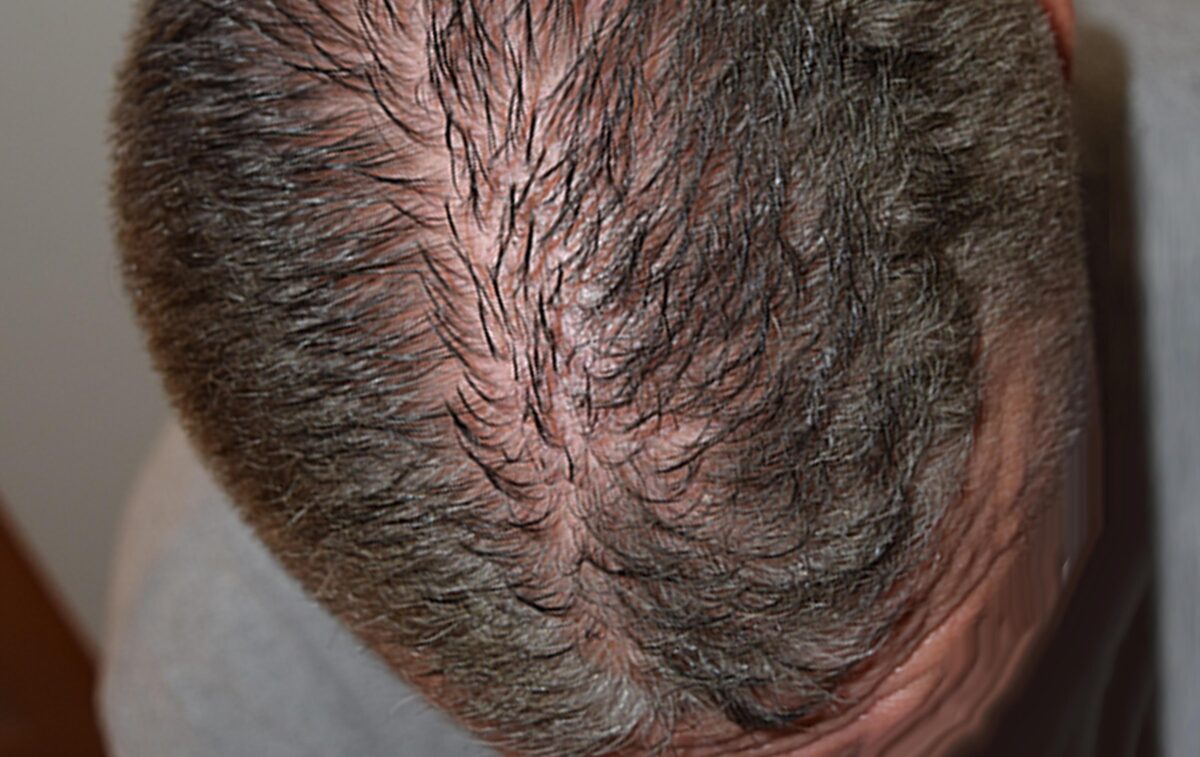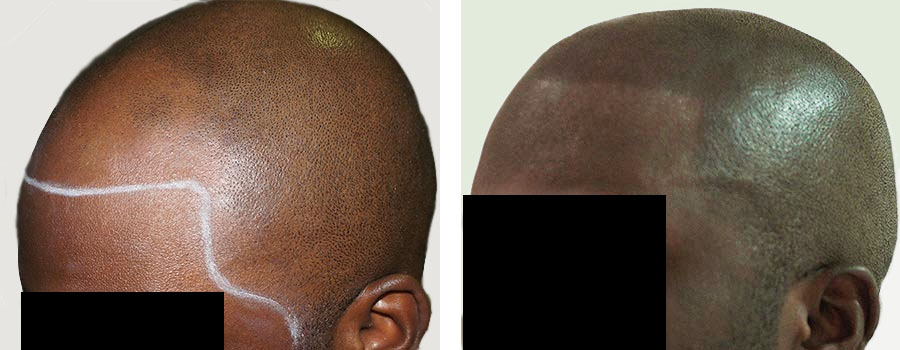Millions of us struggle with chronic sleep deprivation, and the consequences extend far beyond daytime fatigue and irritability. One potential concern, particularly for those already experiencing hair issues, is the link between sleep and hair loss. While the answer isn’t as straightforward as some might hope, emerging research paints a complex picture suggesting sleep disturbances can contribute to hair loss in certain scenarios.
Exploring Sleep and Hair Loss
How Sleep Affects The Hair Growth Cycle
Hair follicles undergo three cyclical phases – anagen (active growth), catagen (transition/cessation of growth), and telogen (resting/shedding). This process relies on body rhythms and hormones like melatonin and cortisol, which are intrinsically tied to sleep patterns.
Disrupting sleep potentially alters these hormonal environments and growth cycles. Preliminary research shows:
- Sleep deprivation lowered melatonin levels and elevated cortisol, linked to premature catagen shifts
- Chronic sleeplessness correlated to increased self-reported hair shedding/loss in women
- Sleep deprived mice exhibited hair cycle abnormalities and loss
While correlations exist, direct causal evidence remains limited. Nonetheless, plausible mechanisms center on depleted growth factors and inflammation from poor sleep damaging follicles.
Recommendations For Those With Sleep and Hair Loss Concerns
– Optimizing sleep duration and consistency
– Managing stressors that disrupt sleep
– Having hair loss evaluated by a dermatology/trichology professional
– Ruling out other potential causal hair loss factors, including nutrition, medications, disease
In summary, while the sleep-hair loss connection awaits definitive study, improving sleep habits is a reasonable precaution for those bothered by thinning hair. As always, consult a doctor for any ongoing concerns.
A 2016 study published in the “Journal of the American Academy of Dermatology” found that women with chronic sleep deprivation (less than 6 hours per night) were more likely to report female hair loss compared to those with adequate sleep (7-8 hours).
A 2017 “Archives of Dermatological Research” study observed that chronic sleep deprivation in mice disrupted hair follicle cycling and accelerated hair loss.
A 2019 “Sleep Medicine Reviews” review compiled evidence suggesting sleep disturbances like insomnia and sleep apnea can trigger telogen effluvium and other hair loss conditions.
However, it’s important to note that these studies mainly establish correlations, not definitive cause-and-effect relationships. More research is needed to fully understand the complex mechanisms at play and individual variations in susceptibility.
Beyond Correlational Evidence
While the exact mechanisms linking sleep and hair loss are still under investigation, some theories hold promise. One study published in the “Journal of Investigative Dermatology” suggests that sleep deprivation might impair the production of insulin-like growth factor 1 (IGF-1), a protein crucial for hair follicle growth and health. Chronic sleep disturbances could also lead to inflammation throughout the body, potentially affecting hair follicles.
Addressing Sleep and Hair Loss
So, if you’re experiencing hair loss and suspect sleep deficiencies might be playing a role, what can you do?
Prioritize sleep hygiene
Aim for 7-8 hours of quality sleep per night by establishing a regular sleep schedule, creating a relaxing bedtime routine, and optimizing your sleep environment.
Manage stress
Chronic stress is a known trigger for hair loss and is often exacerbated by sleep deprivation. Implementing stress-reduction techniques like mindfulness, yoga, or deep breathing can be beneficial.
Consult a healthcare professional.
If you’re concerned about hair loss, seek professional advice from a dermatologist or trichologist. They can assess your situation, rule out other potential causes, and recommend personalized treatment plans.
What else can be done?
While lack of sleep might not be the sole culprit for hair loss in every case, it’s undoubtedly a contributing factor for some individuals. By prioritizing sleep hygiene, managing stress, and seeking professional guidance when needed, you can address your hair loss concerns and promote overall well-being.
If hair loss continues to be stressful, look for ways to camouflage it. Scalp micropigmentation is one of the safest ways to hide your scalp problems. It is a permanent solution to your hair loss woes. Seek professional help when it comes to scalp micropigmentation in Arizona.
Only scalp experts in Arizona can help you find the solution you seek. DermiMatch Clinic SMP professionals have expertise in scalp micropigmentation and can help you achieve the look you desire. Overcome hair loss blues now by talking to scalp experts.


